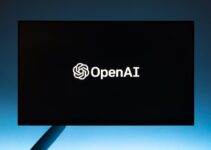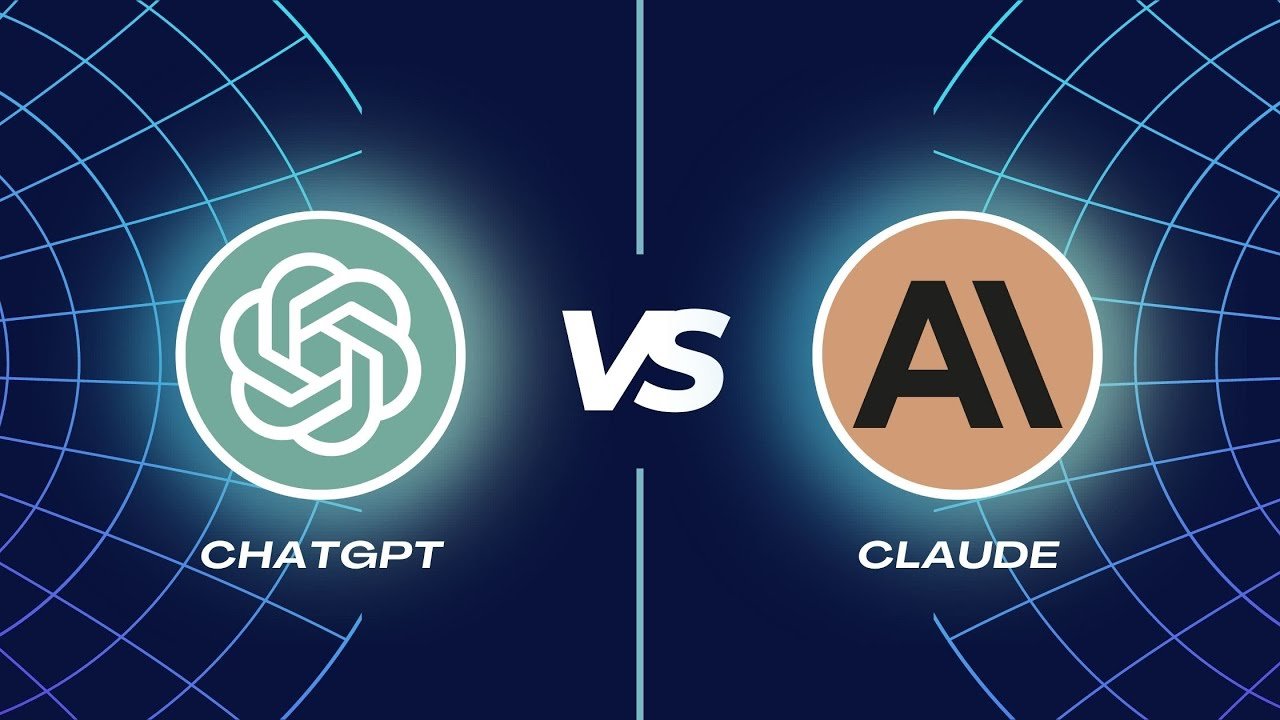
Introduction:
In the realm of artificial intelligence, advancements are continuously being made to bridge the gap between machines and human-like conversation. Google’s LaMDA (Language Model for Dialogue Applications) is an exciting breakthrough that aims to elevate the quality of AI conversations to a whole new level. This article delves into the fascinating world of LaMDA AI, exploring its applications, availability, and potential impact on the future of conversational AI.
The Limitations of Traditional AI Conversations
Conventional conversational AI systems often struggle with understanding context and providing meaningful responses. They typically rely on pattern matching and predefined responses, which can result in limited and robotic interactions. This limitation poses a significant challenge in achieving natural and engaging conversations with AI models.
Advancing Conversational Understanding
LaMDA AI, developed by Google, aims to overcome the limitations of traditional conversational AI by focusing on natural language understanding and context. It stands for Language Model for Dialogue Applications and is designed to engage in more nuanced and contextual conversations with users. The goal is to create a conversational AI system that can generate more accurate and insightful responses, leading to more human-like interactions.
Enhancing Dialogue with Transformer Models
LaMDA AI builds upon the foundation of transformer models, which have revolutionized various natural language processing tasks. By training on vast amounts of text data, LaMDA learns to generate more coherent and contextually appropriate responses. The model is trained to understand the nuances of conversation, enabling it to engage in more meaningful and natural dialogue.
Contextual Conversations with LaMDA AI
LaMDA AI provides a solution by focusing on conversational context. It excels at understanding the intricacies of dialogue, making it capable of generating responses that go beyond simple keyword matching. This contextual understanding allows LaMDA to respond to complex questions, follow-up queries, and engage in more dynamic interactions. The ultimate aim is to create AI models that can converse seamlessly with users, providing valuable and personalized information.
The Future of Conversational AI
LaMDA AI represents a significant step forward in the evolution of conversational AI. While it is still in its early stages, the potential impact of LaMDA on various domains is immense. Imagine having intelligent virtual assistants, customer service chatbots, and educational platforms that can engage in nuanced conversations, adapting to user preferences and generating accurate responses. The availability of LaMDA AI has the potential to transform the way we interact with AI systems, making them more intelligent and human-like.
Is Google’s LaMDA Available?
As of the knowledge cutoff in September 2021, LaMDA AI is not yet available to the general public. Google showcased its capabilities and potential during the Google I/O 2021 developer conference. However, it is important to note that specific details regarding the public release of LaMDA AI may have emerged after the knowledge cutoff date. It is recommended to refer to the latest information from Google or related sources for the most up-to-date availability status.
Is LaMDA AI Publicly Available?
At the time of writing, LaMDA AI is not publicly available for general use. The technology is still in the research and development phase, with Google actively working on refining and improving its capabilities. However, Google has expressed its commitment to ensuring the responsible deployment of AI technology, which includes rigorous testing and validation before making it available to the public. It is advisable to stay updated with official announcements from Google for any developments regarding the availability of LaMDA AI.
Conclusion:
LaMDA AI holds great promise for the future of conversational AI, aiming to bridge the gap between machines and human-like dialogue. By focusing on context and natural language understanding, LaMDA has the potential to revolutionize various domains, from virtual assistants to customer service chatbots. While LaMDA AI is not currently available to the general public, its continued development signifies a significant leap forward in advancing the quality of AI conversations. As technology evolves, LaMDA AI could become an integral part of our everyday interactions, making AI systems more intelligent, engaging, and useful.


